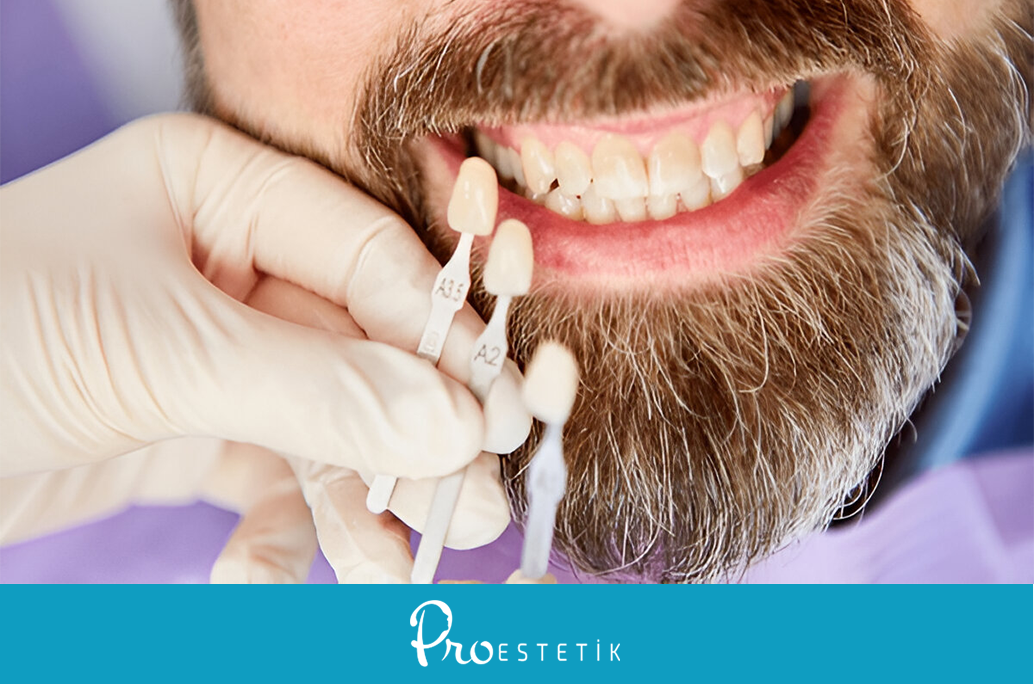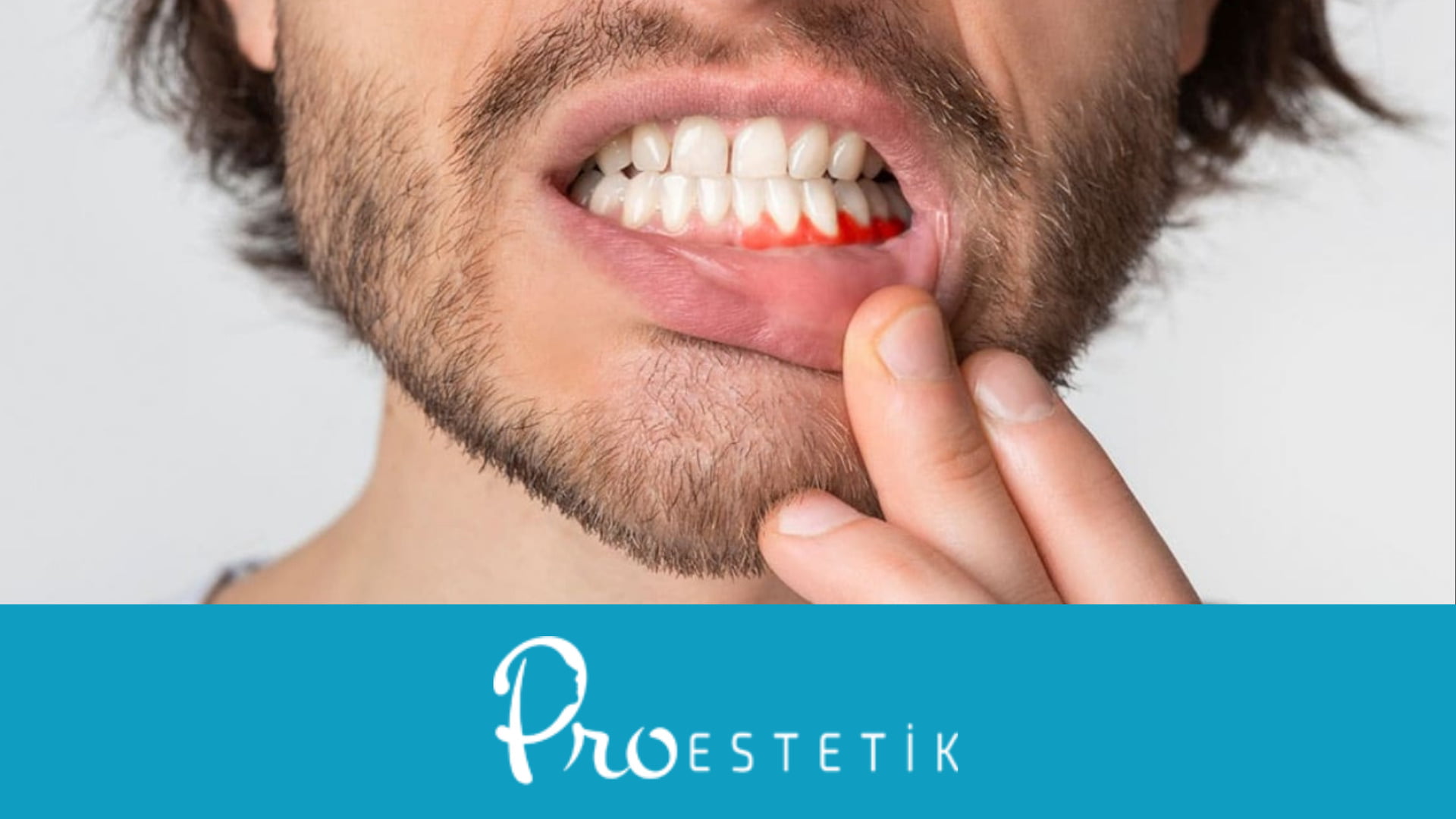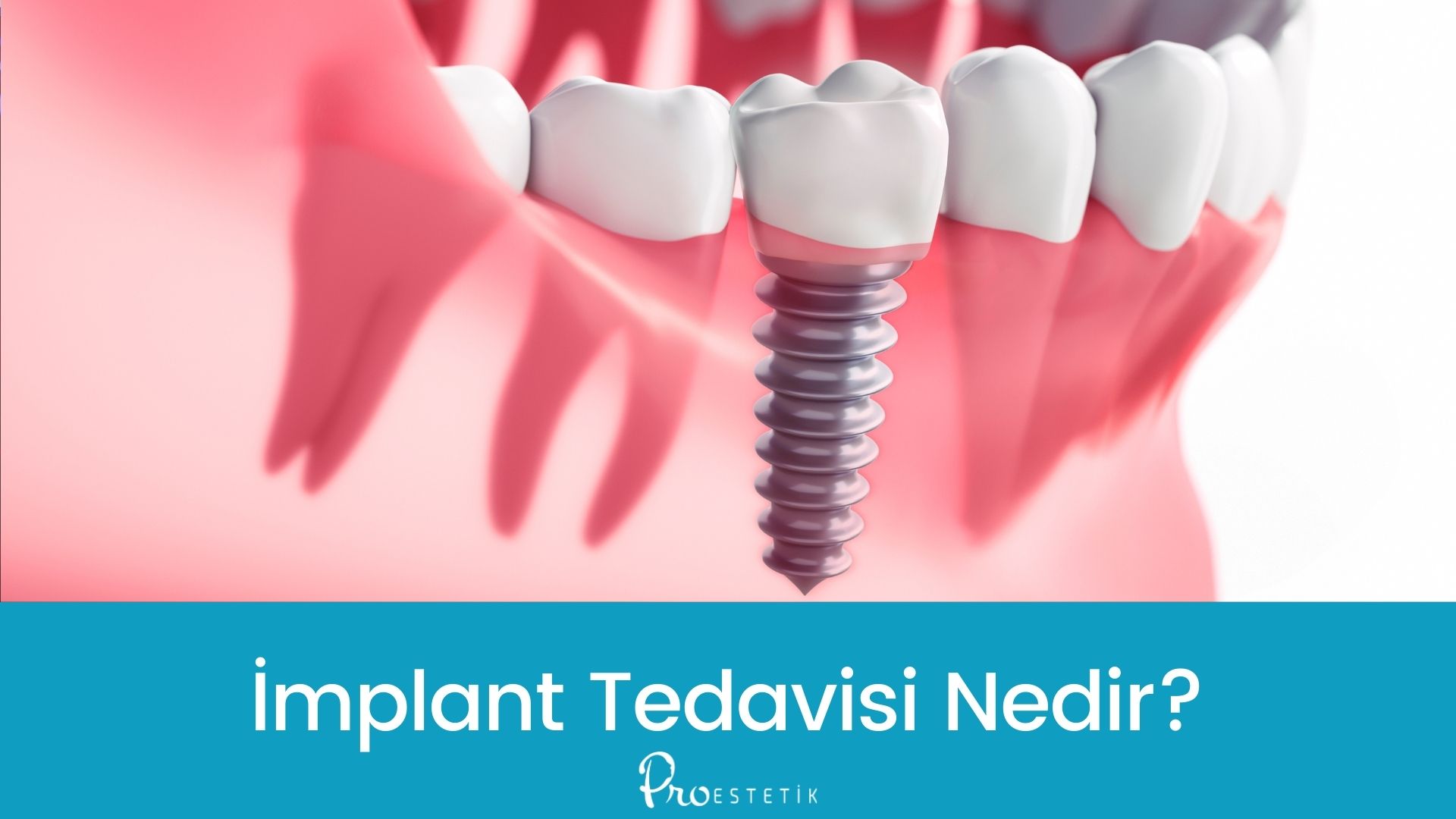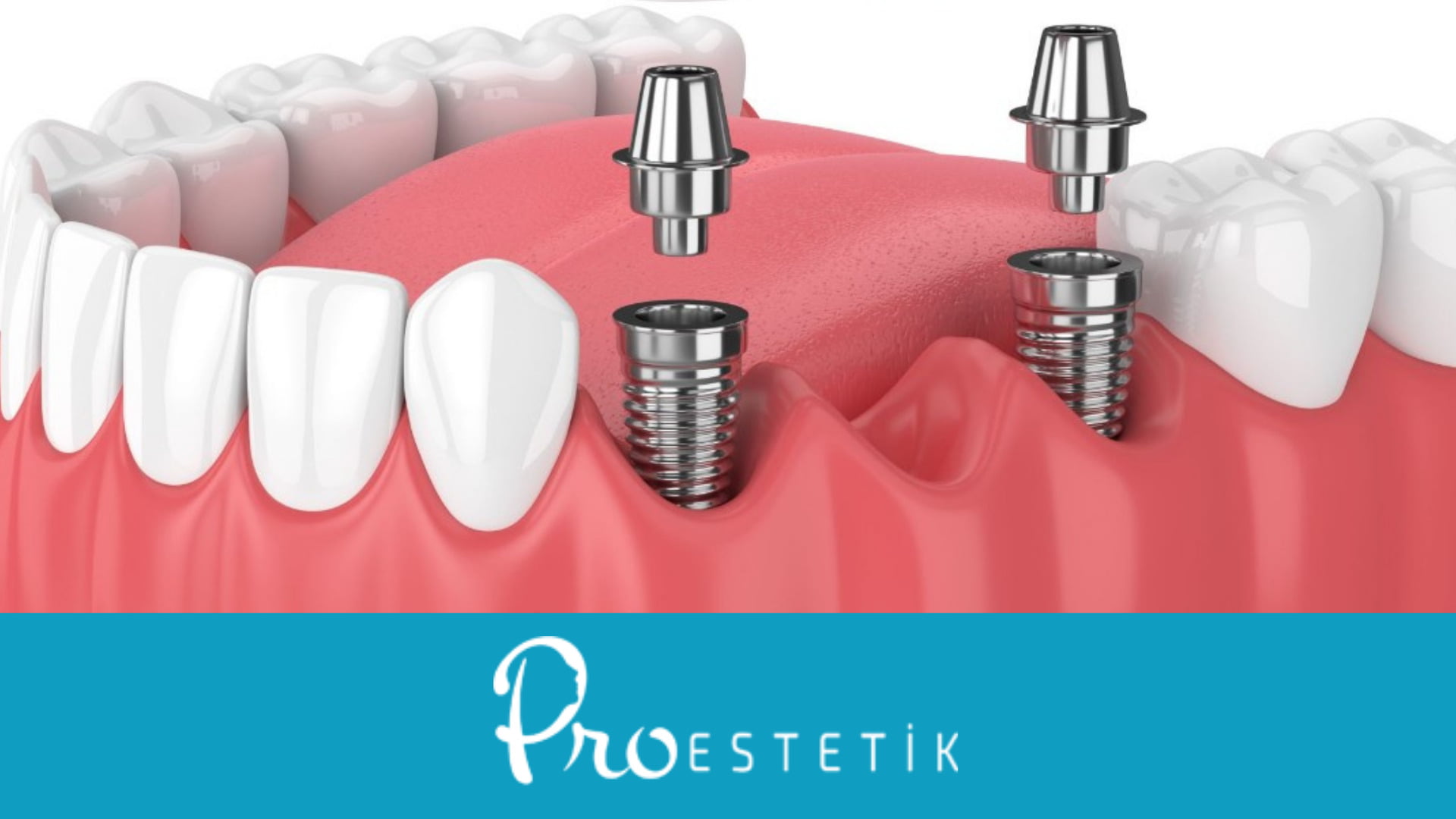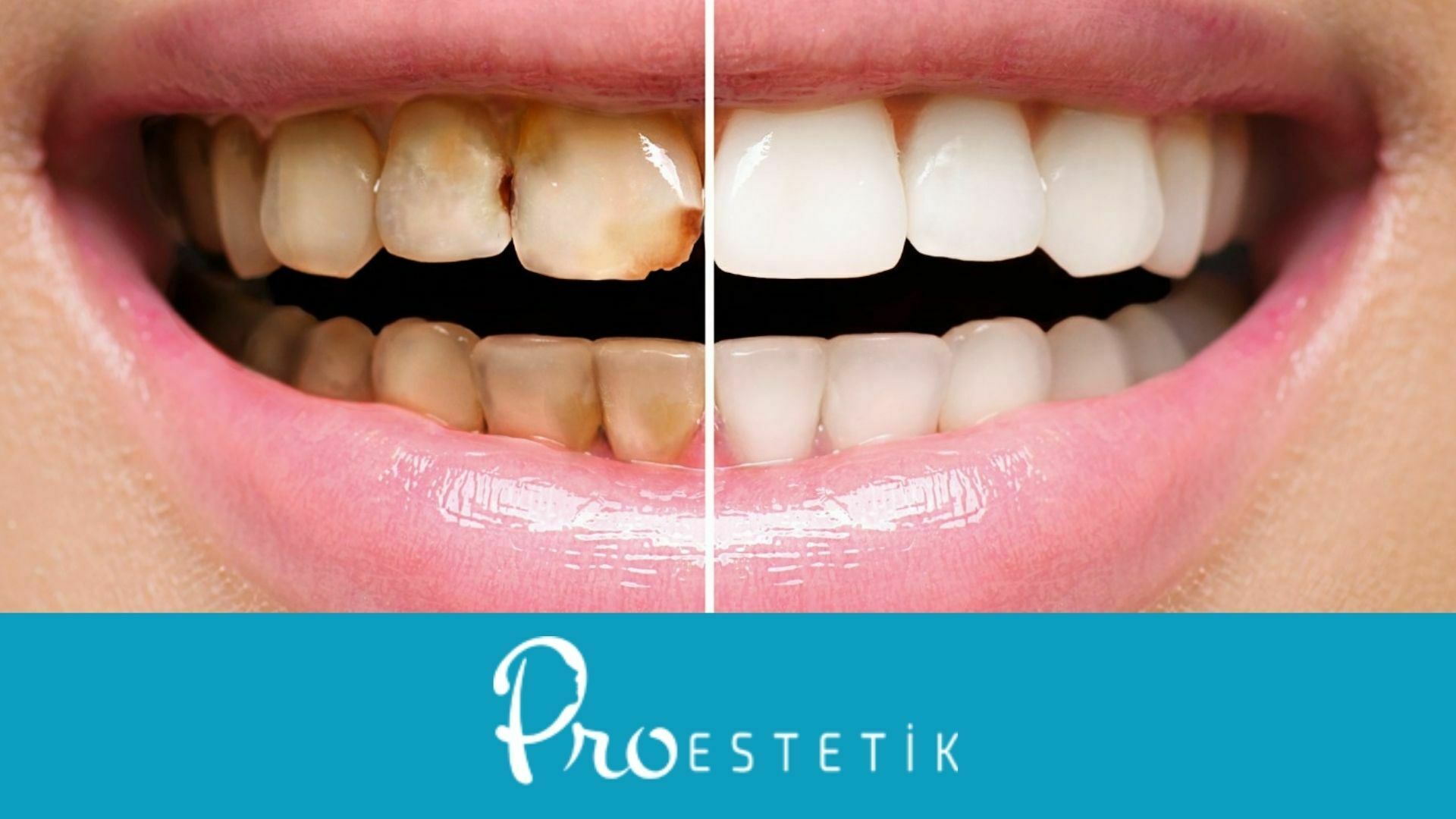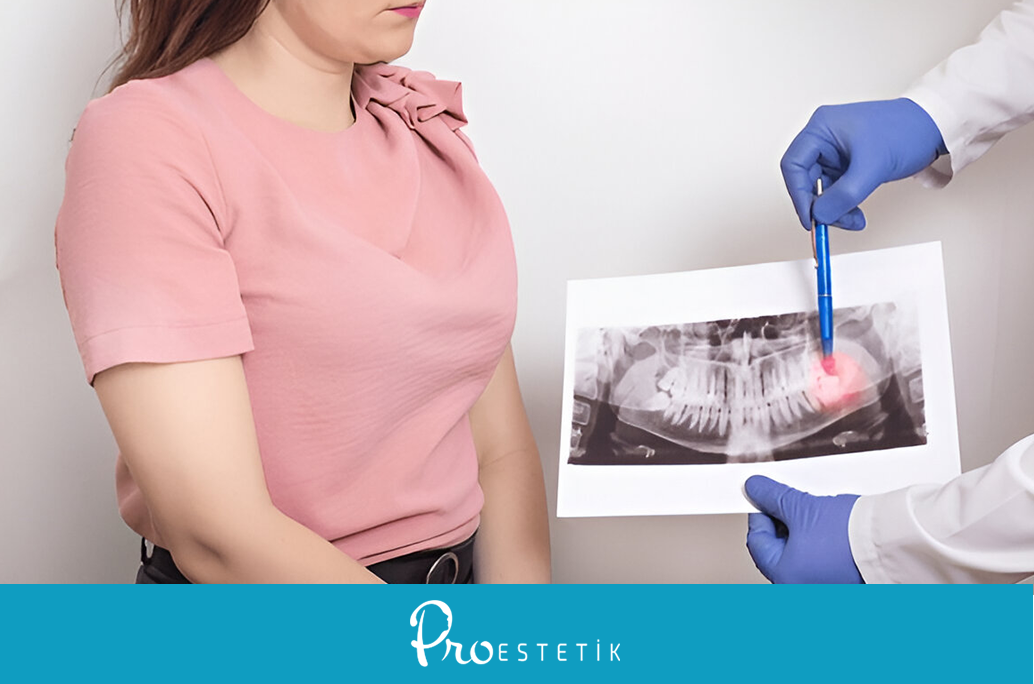Many people wonder about questions like whether smoking is allowed after implant surgery, how long one should wait, and what precautions to take. Smoking after implant surgery is risky and can negatively affect the success of the procedure.
It is recommended to take a break from smoking for a certain period both before and after implant treatment. Patients should refrain from smoking for a minimum of 15 days before the treatment and even longer after the implant surgery.
This article is for informational purposes only, and individual treatment and recovery processes may vary. Please follow your doctor's recommendations during these processes.
Smoking After Implant Surgery
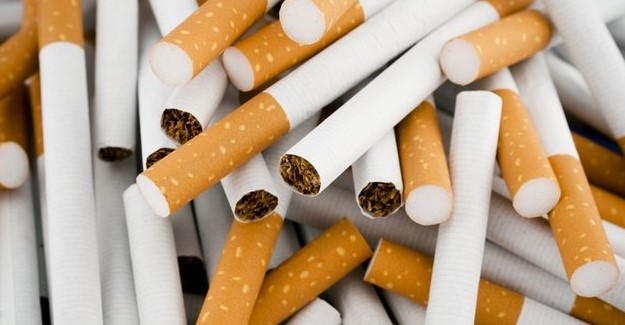
Implant treatment is a surgical procedure that may result in bleeding in the oral cavity. Therefore, certain precautions need to be taken before and after the procedure.
Taking extra care of oral and dental health, following the doctor's recommendations, and avoiding alcohol and cigarettes can expedite the healing process.
The healthiest option before undergoing implant dental treatment is to quit smoking. If you are unable to quit, it is advisable to take a break from smoking for a minimum of 15 days before the treatment and for several months afterward.
This way, your treatment process is more likely to be successful, and you can more easily navigate the recovery period.
After implant dental treatment, wounds may form in the oral cavity. It is essential to take extra care of oral health during this healing process. Smoking after implant surgery increases harmful bacteria in the mouth, which adversely affects healing.
The healing of oral wounds occurs through the body's healing mechanism. Since smoking is generally harmful to overall health, it also slows down this healing process.
Consequences of Smoking After Implant Surgery
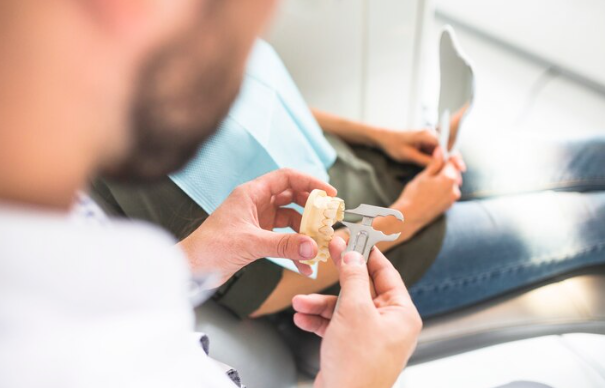
Smoking after implant surgery is highly detrimental to oral and dental health and is therefore not recommended. But what are the consequences if smoking occurs after implant surgery?
- Smoking increases harmful bacteria in the mouth.
- Smoking affects the entire body and weakens the body's healing mechanism.
- Particularly, the gum and bone fusion process is crucial after implant surgery. Smoking slows down this fusion process.
- The success rate of implants decreases when smoking affects the fusion of the implant with the jawbone.
- Implant surgery is a surgical procedure with a risk of infection. Smoking after this procedure increases the risk of infection.
- Smoking also increases post-implant surgery bleeding.
- The implanted area is sensitive, and smoking can cause irritation in that area.
Smoking After Implant Surgery
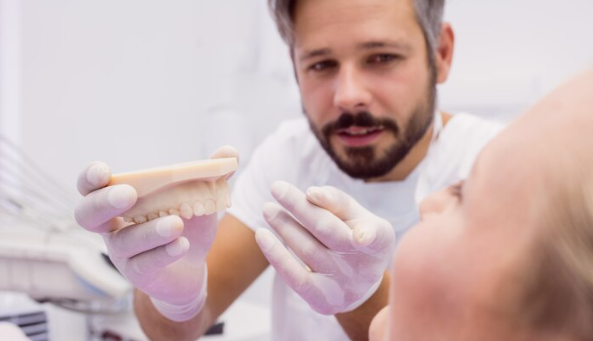
A break from smoking should be taken for several months after implant surgery. Implant surgery is a surgical procedure performed in the oral cavity. The moist environment inside the mouth and the processes of eating and drinking prolong the healing process after the procedure.
During this healing process, patients need to pay extra attention to their oral hygiene. Smoking and poor oral hygiene can lead to inflammation of the gums and various gum diseases.
Swelling after implant surgery can occur for various reasons. Swelling and accompanying pain in the first few days are normal. However, if the swelling continues to increase, and the pain intensifies, it is advisable to consult your doctor.
Smoking after implant surgery negatively affects your oral health by causing extra sensitivity and swelling in the gums. This also adversely affects your healing process.
Smoking After Implant Surgery
Smoking after implant surgery not only negatively affects overall health, slowing down the healing process, but also increases the formation of bacteria in the mouth.
Smoking affects blood circulation in smokers, which in turn affects the body's healing mechanism. The recovery period for smokers can be both longer and more challenging.
For more accurate information regarding smoking after implant surgery, consult your dentist. It is important to refrain from smoking for the duration recommended by your dentist for the sake of your oral health and recovery process.
If you have any other questions related to oral and dental health, feel free to contact us. Visit our page for detailed information about our services, and take advantage of our free examination service by visiting our clinic for your dental problems.

 English
English Turkish
Turkish Deutsch
Deutsch العربية
العربية![[:en]How Long Should You Wait to Smoke After Implant Surgery?[:tr]İmplant Sonrası Sigara Ne Zaman İçilebilir?[:de]Wie lange sollte man nach einer Implantatoperation warten, um zu rauchen?[:ar]كم يجب أن ننتظر بعد عملية الزرع للتدخين؟[:] [:en]How Long Should You Wait to Smoke After Implant Surgery?[:tr]İmplant Sonrası Sigara Ne Zaman İçilebilir?[:de]Wie lange sollte man nach einer Implantatoperation warten, um zu rauchen?[:ar]كم يجب أن ننتظر بعد عملية الزرع للتدخين؟[:]](https://proestetik.com.tr/wp-content/uploads/2024/01/implant-sonrasi-sigara6.png)



